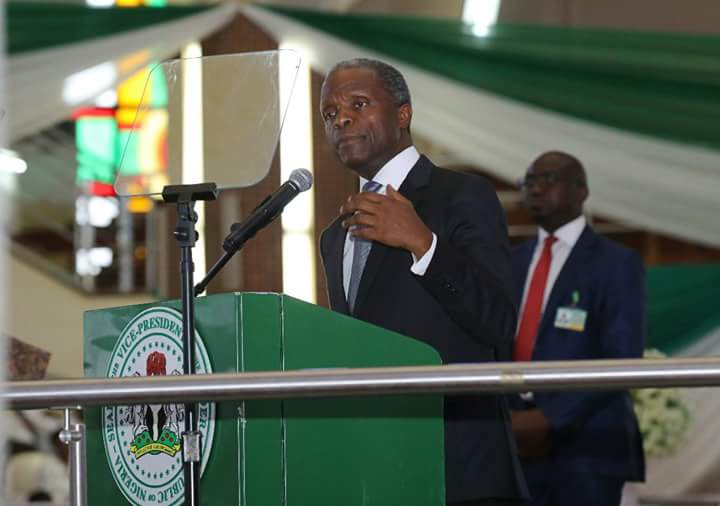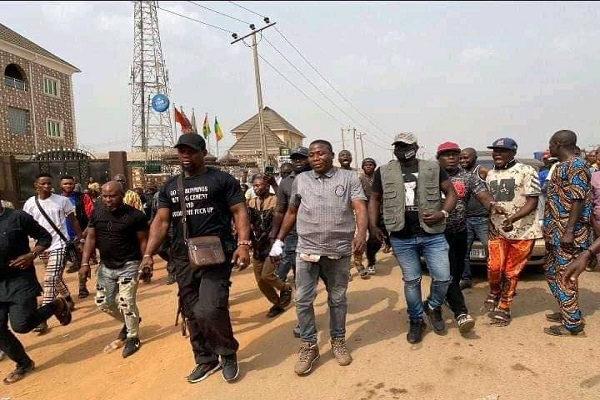Moments after it was alleged that his office is supervising the creation of Ruga settlement for herdsmen across the country, Vice President, Yemi Osinbajo, has reacted to the allegation.
Miyetti Allah Cattle Breeders Association of Nigeria (MACBAN) had claimed the number two citizen was leading the creation of the vicinity for its members.
Although, the federal government led by President Muhammadu Buhari had unveiled the plan as one of its measures to curtial herdsmen and farmers clashes across the country, it has been rejected by the southern parts of the nation where it is majorly proposed to be cited considering the desert encroachment in the North.
About 12 unnamed states where said to have indicated interest for the settlements to be established in their domains.
Both the Afenifere and Ohanaeze Ndigbo, the socio-cultural groups from the South-East and South-West warned their state governors not the cede any if its domain for the establishment of the settlement.
They are of the opinion that the plan is an avenue to forcefully take over their lands given to them by their ancestors to herdsmen who are said to be land grabbers.
Denying leading the creation of the Ruga settlement, Osinbajo clarified that the initiative is different from the livestock transformation plan approved under the auspices of the national economic council (NEC) which he chairs.
“The National Livestock Transformation Plan (NLTP) 2019-2028 is a programme to be implemented in seven pilot states of Adamawa, Benue, Kaduna, Plateau, Nasarawa, Taraba and Zamfara (as decided by NEC in January), being states on the frontlines of the Farmer-Herder crises,” Laolu Akande, the spokesman to Osinbajo said in a statement on Friday.
“Afterwards, six other states have indicated readiness to also implement the plan. They are Katsina, Kano, Kogi, Kwara, Ondo, and Edo states
“The plan has six pillars through which it aims to transform the livestock production system in Nigeria along market oriented value chain while ensuring an atmosphere of peace and justice.
“The six key pillars include: economic investment, conflict resolution justice and peace humanitarian relief and early recovery human capital development and cross-cutting issues such as gender, youth, research and information and strategic communication,” the statement added.












